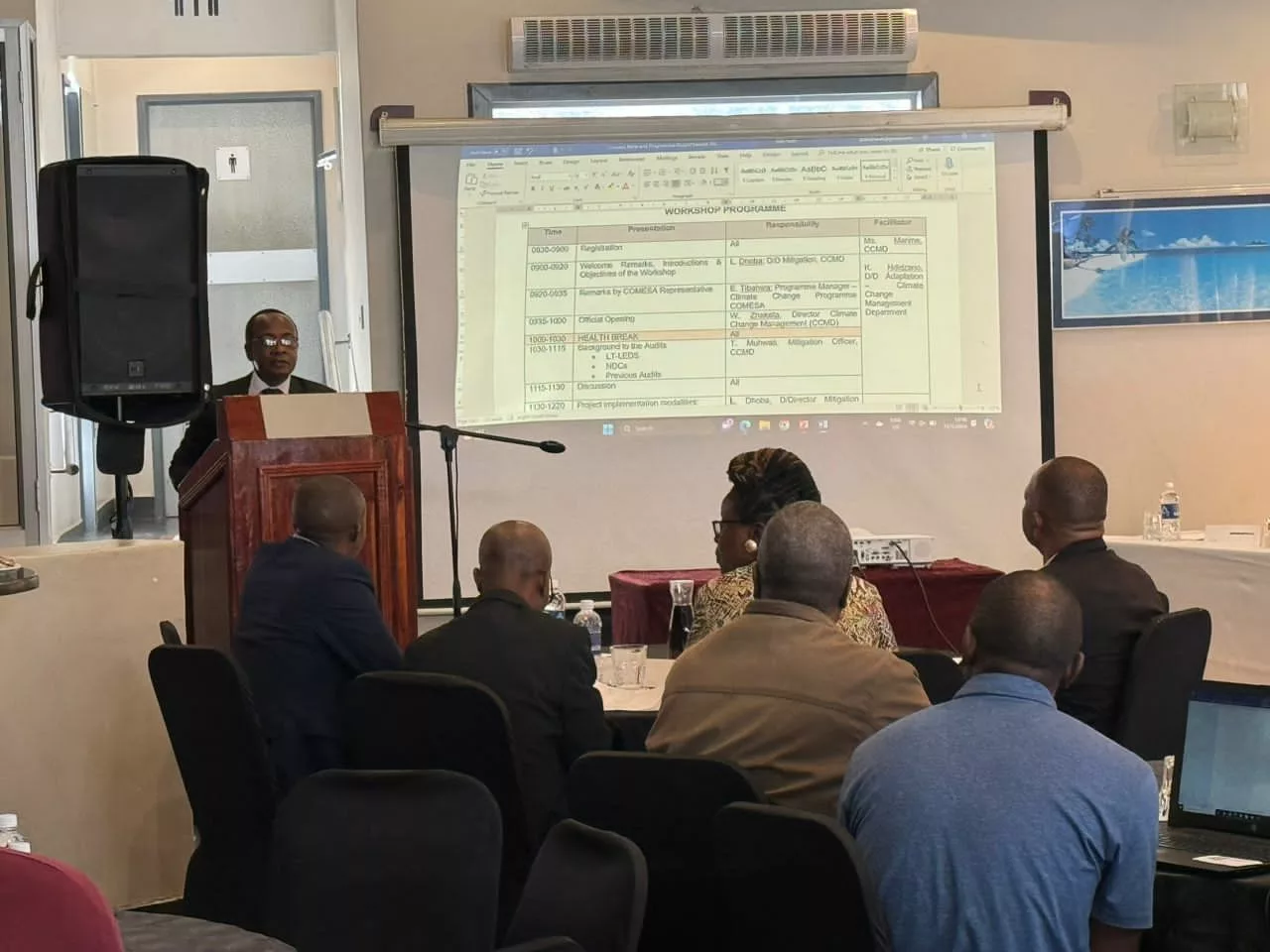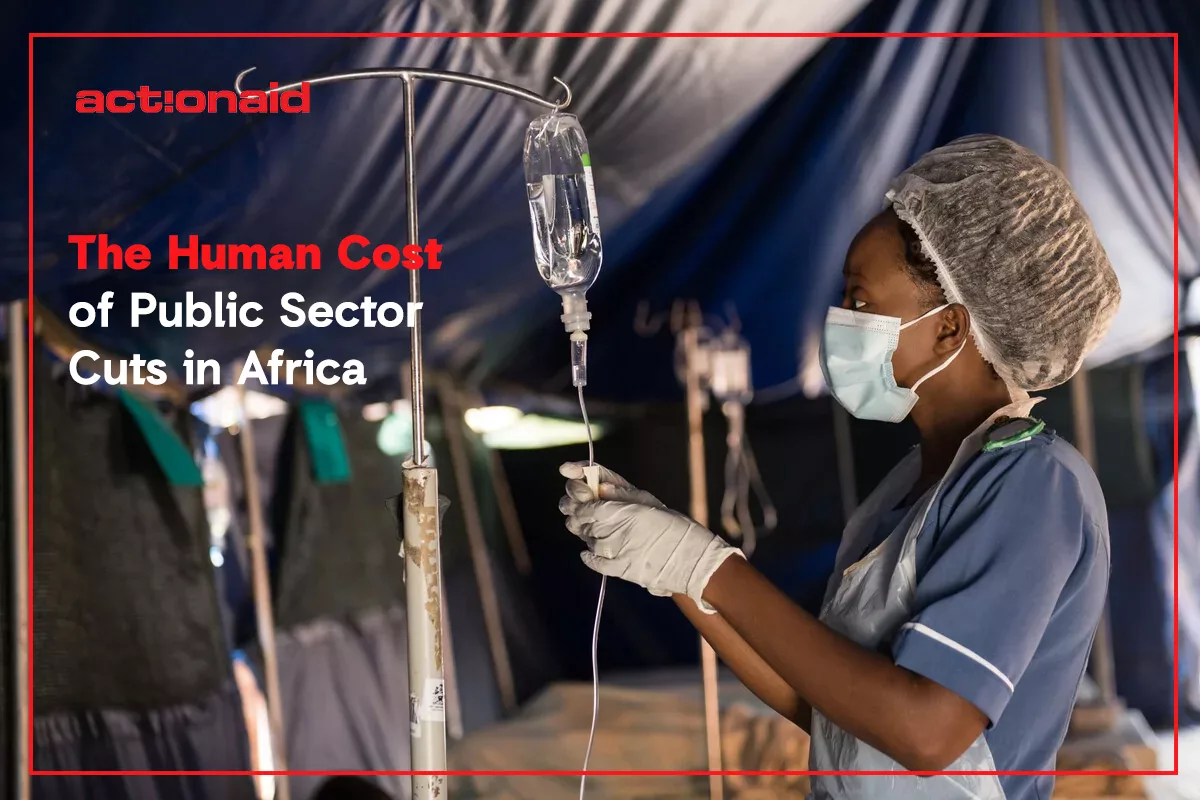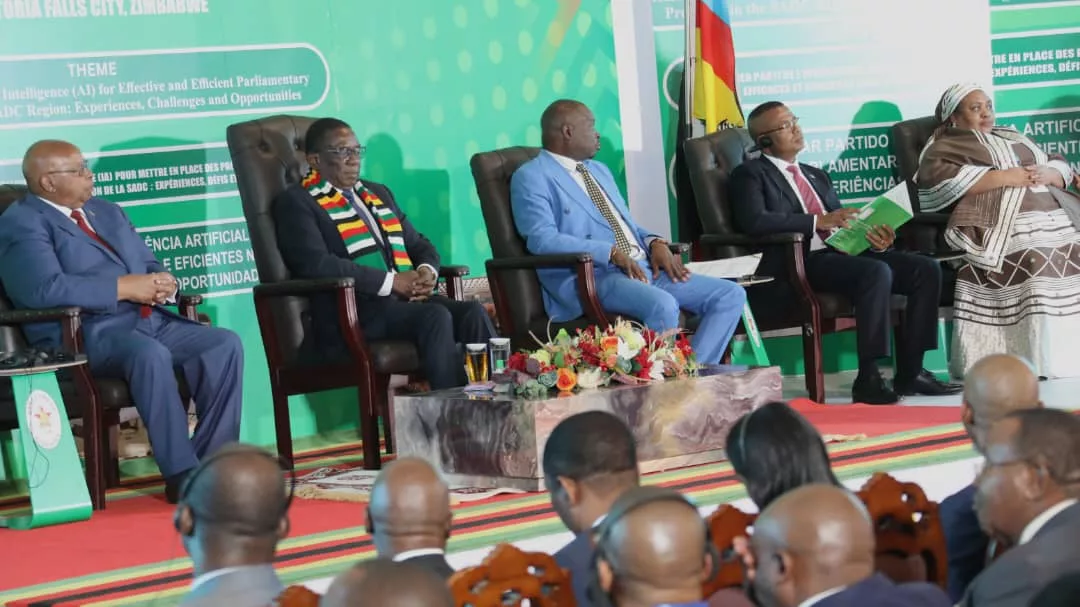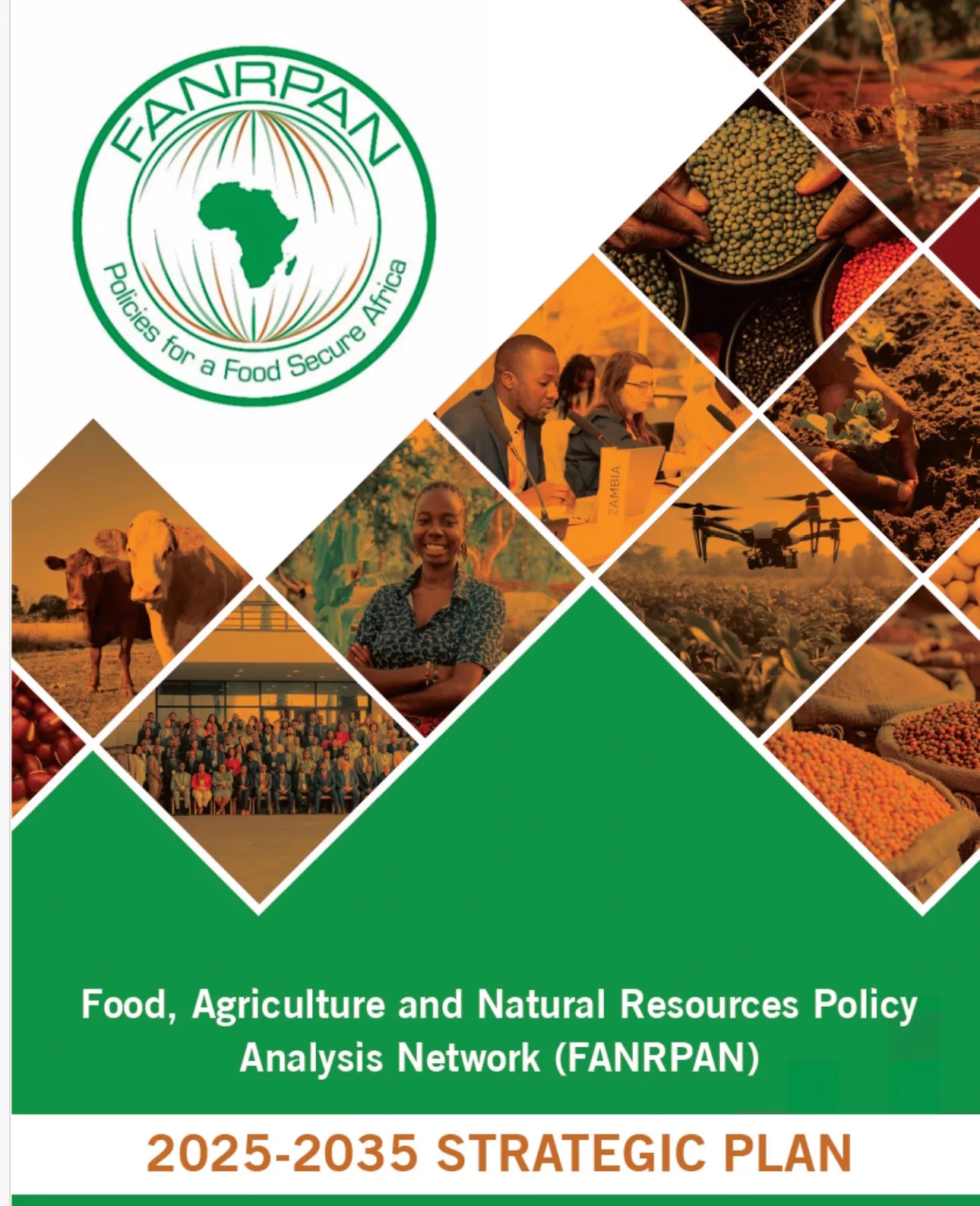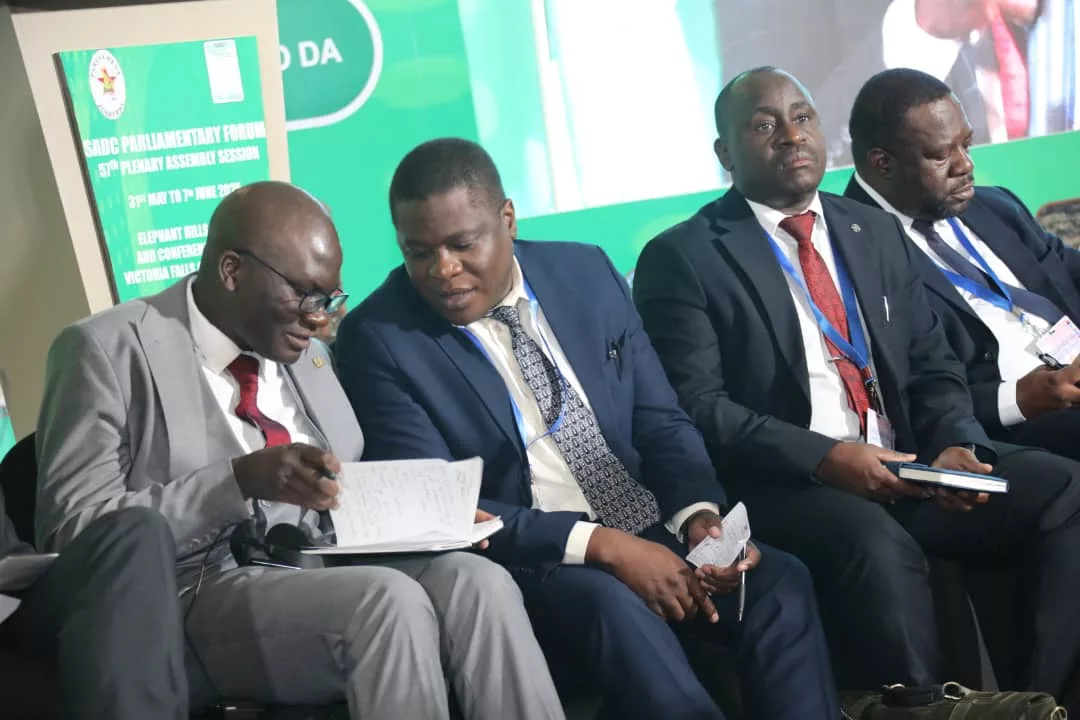|
Getting your Trinity Audio player ready...
|
The Republic of the Government of Zimbabwe with funding support from COMESA has held a project launch Meeting for the Project: Upscale the Rolling-out of Energy, Water, and HFC Audits in Private Companies & Public Sector Institutions to Facilitate the Adoption of Energy Efficiency Measures & the Use of Renewable Energy Sources with funding from the NDC Partnership Action Fund (PAF) through United Nations Office for Project Services (UNOPS) with the COMESA as an implementing partner.
The launch of the groundbreaking project aims at upscaling the rolling-out of energy, water, and HFC (Hydrofluorocarbon) audits across private companies and public sector institutions in Zimbabwe. This initiative is designed to facilitate the adoption of energy efficiency measures and the increased use of renewable energy sources, promoting sustainability and environmental stewardship.
The launch event in Harare today provided a platform for discussing the project’s goals, strategies, and expected outcomes, among all stakeholders involved by introducing the project to national and sectoral stakeholders as well as officials from targeted institutions fostering collaboration and shared commitment to achieving a sustainable future. The event featured keynotes from government officials, COMESA, and industry experts.
Speaking at the event, the Deputy Director of Climate Change Mitigation, Mr. Lovemore Dhoba explained that the project will focus on conducting comprehensive audits of energy, water, and HFC usage within various sectors, identifying opportunities for significant improvements in efficiency and sustainability. He continued to say that by implementing these audits, the project aims to: Enhance energy efficiency in both private and public sectors; promote the adoption of renewable energy sources; Reduce carbon emissions and environmental impact; improve water conservation practices, and minimize the use of HFCs, which are potent greenhouse gases.
This project is coming as an effort to upscale the rolling out of detailed energy, water, and HFC use-efficiency audits at selected private and public sector entities supporting NDC implementation in Zimbabwe which is presently facing a deficit of energy and water resources to meet the demands of industry, commercial and domestic consumers. The prevailing power deficit is leading to unmet demand.
Speaking at the launch meeting Mr Washington Zhakata, Director of Climate Change Management Zimbabwe of the Ministry of Environment, Climate and Wildlife had this to say “Raising awareness on the importance of resource-use efficiency is very paramount and on the other hand, the continued change in the climate globally compels Zimbabwe to invest more in Green House Gas (GHG) emission reductions.”
He further thanked COMESA for the previous funding and support provided for the revision of their National Climate Change Policy as well as their Nationally Determined Contributions (NDC) revisions.
Ms. Edith Tibahwa, the Programme Manager of the COMESA Climate Change Programme representing COMESA, stated, “The importance of this project cannot be over-emphasized. It marks a significant step forward in our collective efforts to enhance energy efficiency and promote renewable energy adoption in the region. By working together, we can create a more sustainable and resilient future for Zimbabwe and the entire COMESA region.
“Zimbabwe, being a party to the United Nations Framework Convention on Climate Change, the Paris Agreement, and the Montreal Protocol on Substances that Deplete the Ozone Layer, and its Kigali Amendment, brings an obligation to domesticate the provisions of those environmental agreements,” she said.
In conclusion, Ms Edith Tibahwa thanked once again the Ministry of Environment, Climate, and Wildlife of the Government of the Republic of Zimbabwe for nominating COMESA as their implementing partner with NDC Partnership. She also thanked the NDC-P through UNOPS for the funding provided for this grant.
She assured the meeting of COMESA’s commitment to ensuring the project is implemented successfully and expressed optimism that the grant will assist in the provision of critical data to inform the implementation of the country’s long-term low-emission development strategy and its revised NDCs to UNFCCC.
The project duration is 8 months and the main project partners are UNOPS, NDCP, COMESA, GoZ, and seven implementing entities a mix of three Private and four Public Sector entities. This ambitious project is made possible through the generous funding and support provided by the Common Market for Eastern and Southern Africa (COMESA).
COMESA’s commitment to environmental sustainability and economic development aligns perfectly with the objectives of this project, ensuring its successful implementation and long-term impact.
The project will focus on conducting comprehensive audits of energy, water, and HFC usage within various sectors, identifying opportunities for significant improvements in efficiency and sustainability. By implementing these audits, the project aims to:
- Enhance energy efficiency in both private and public sectors.
- Promote the adoption of renewable energy sources.
- Reduce carbon emissions and environmental impact.
- Improve water conservation practices.
- Minimize the use of HFCs, which are potent greenhouse gases.
Funding and Support:
This ambitious project is made possible through the generous support provided by the Common Market for Eastern and Southern Africa (COMESA). COMESA’s commitment to environmental sustainability and economic development aligns perfectly with the objectives of this project, ensuring its successful implementation and long-term impact.
The official launch event was held at Monomotapa Hotel, in Harare Zimbabwe bringing together key stakeholders, including government officials, industry leaders, environmental experts, and representatives from COMESA.
About COMESA:
COMESA is a regional economic community comprising 21 member states, dedicated to promoting economic integration through trade and investment. COMESA’s initiatives focus on enhancing regional cooperation, fostering economic growth, and addressing environmental challenges to achieve sustainable development.


